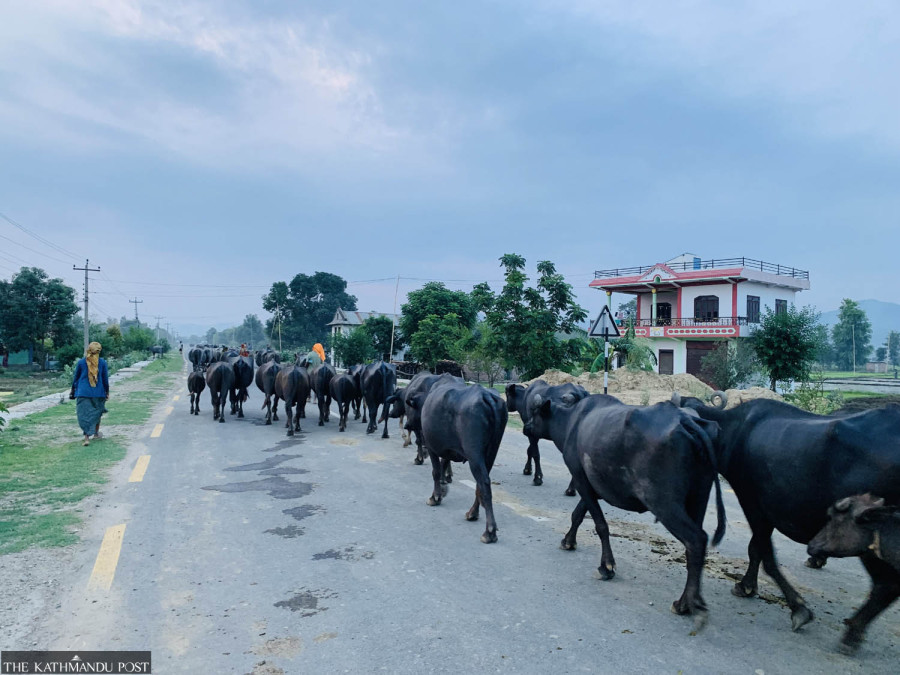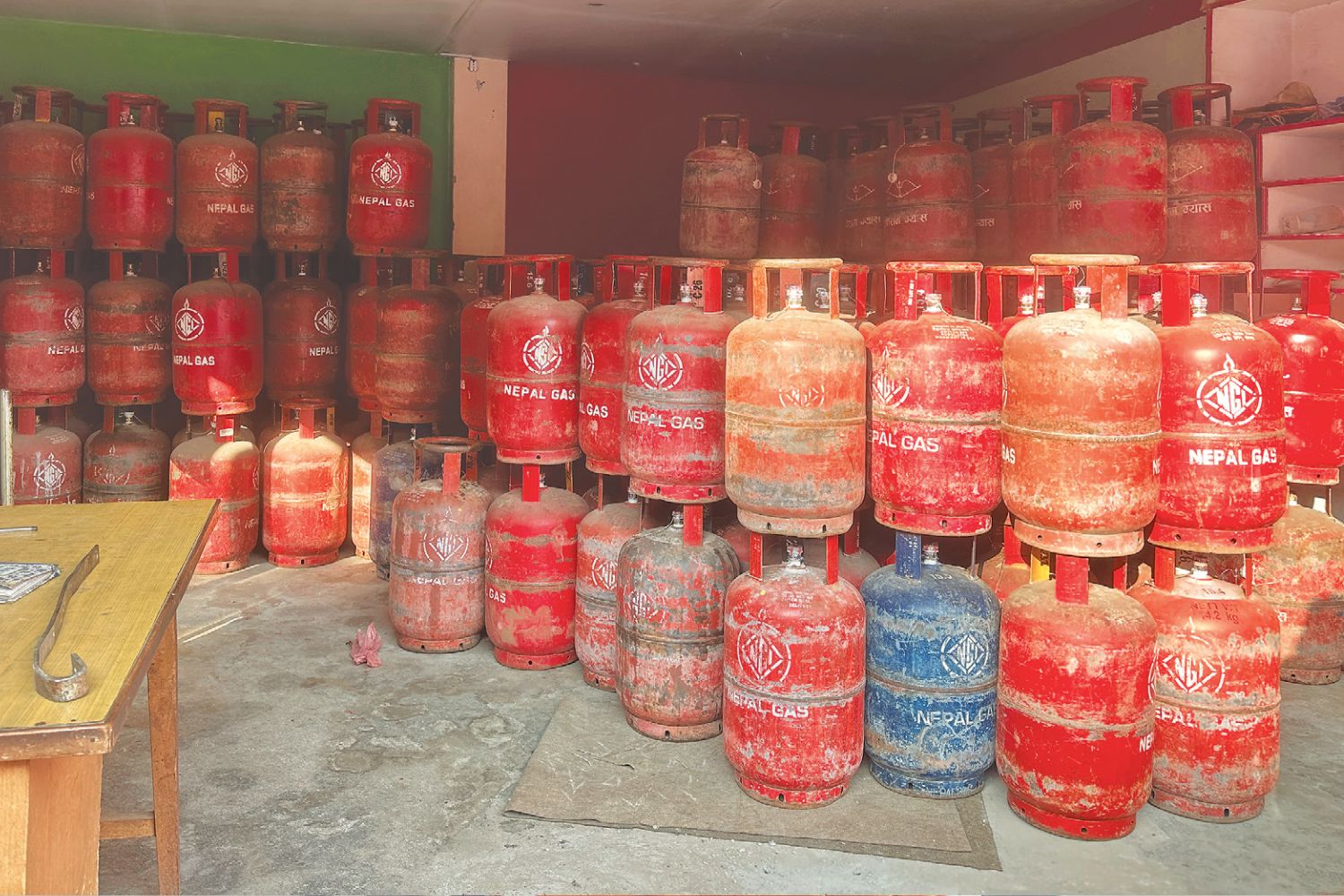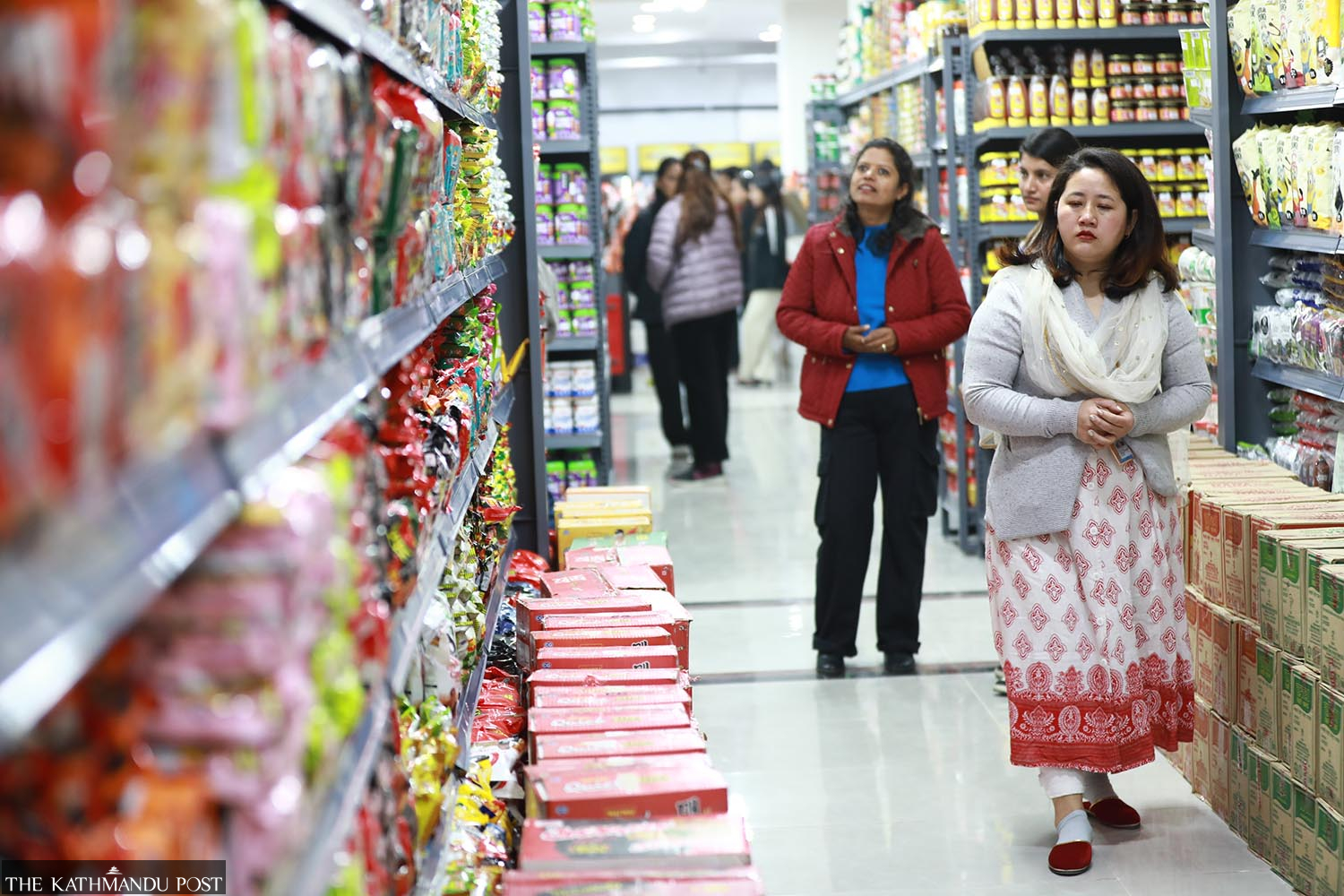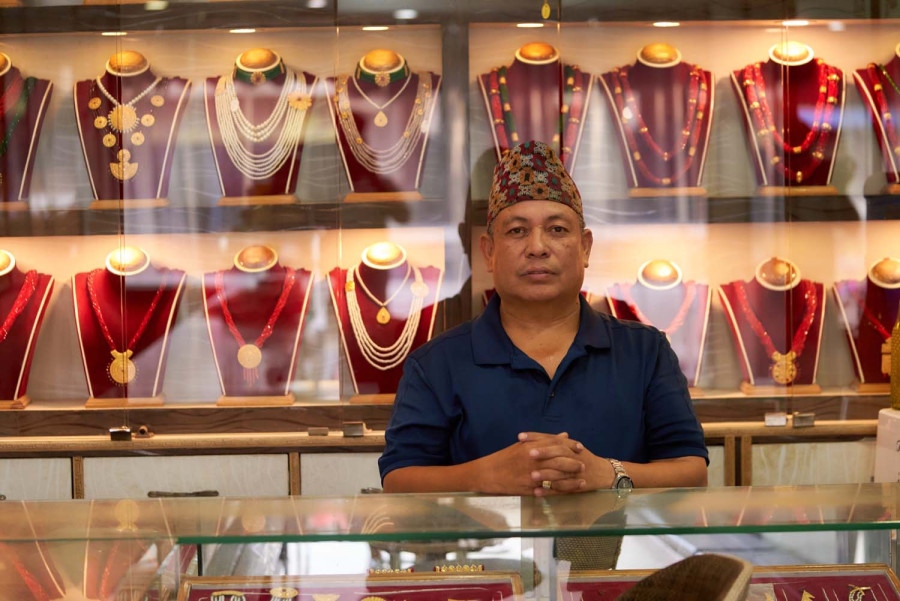Money
A start-up that’s steering Nepali companies' corporate social responsibility outreach
The Revolution Project collaborates with organisations to design impact-driven, strategic CSR in alignment with their respective organisational goals.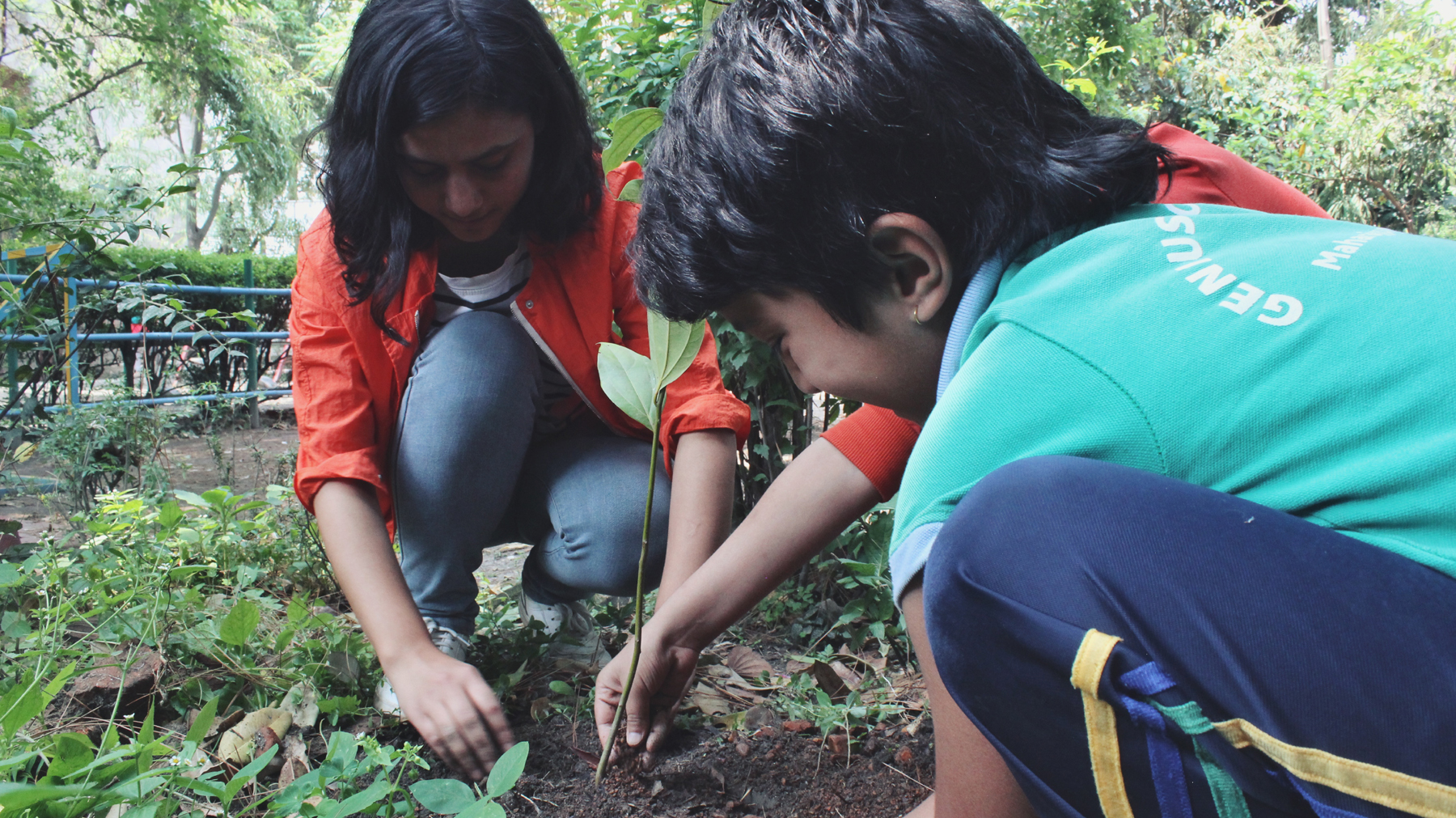
Monica Khanal
A Nepali start-up company--The Revolution Project--which designs Corporate Social Responsibility (CSR) strategies for companies, is leading their efforts to meet compliance norms set by the government.
CSR is a self-regulating business model that helps a company be socially accountable—to itself, its stakeholders, and the public. By practising corporate social responsibility, companies can be conscious of the kind of impact they are having on all aspects of society, including economic, social, and environmental.
To engage in CSR means that, in the ordinary course of business, a company is operating in ways that enhance society and the environment, instead of contributing negatively to them.
The Industrial Enterprise Act (Section 48) and Circular no. 11/073/74 issued by Nepal Rastra Bank mandatorily imposed CSR over certain industries, banks and financial institutions.
Ayush Dev Pant, one of the co-founders of The Revolution Project, said initially, a majority of the local companies were reluctant to warm up to the idea of CSR. “It was certainly not a priority for profit-hungry businesses. Their focus was only on law compliance. On top of that, there was no impact measurement mechanism and CSR budget monitoring from the government, which further fuelled non-seriousness from industries.”
Pant and his partner, Buddha Bir Tamang realised that there would be no better way to revolutionise CSR for Nepali businesses and make their operations environmentally-friendly than by tapping their poorly executed CSR. They decided to approach businesses with strategically-designed CSR plans with both internal and external sustainability measures.
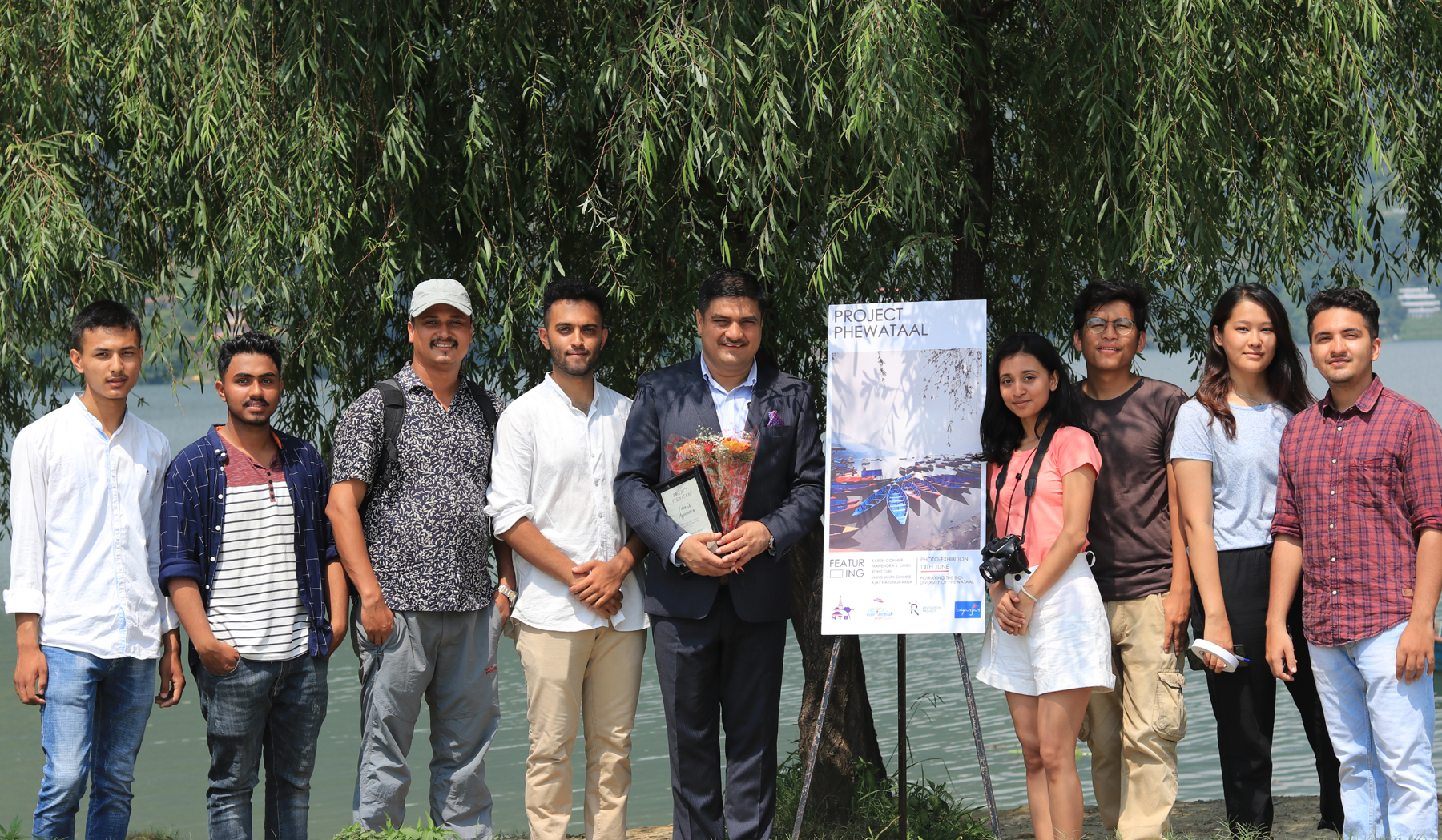
Pant and Tamang first reached out to The Bakery Cafe and installed a donation box. For every 100 rupees donated, they started planting a tree in the name of its customer. This initiative -- Treevolution, currently boasts of more than 3,500 trees planted as a CSR initiative of the Cafe within two years of a strategic CSR partnership. After their first taste of success, The Revolution Project began operating through three modules -- research, collaboration and social branding.
The venture now collaborates with organisations to design impact-driven, strategic CSR in alignment with their respective organisational goals. The team visits fields, researches and finalises the most vulnerable areas for plan execution.
While some organisations approach the team with their pre-planned strategies for the desired thematic area and collaborate for implementation, the rest remain open to starting from ground zero and letting the team take charge from design to implementation.
Video dissemination and impact visibility are maximised if companies choose social branding. The maintenance and evaluation of the activity are done until it’s sustainable and then handed back to the organisation, once it can run independently. For instance, the team ensures that 50 trees planted in Gokarna as a CSR initiative for Premier Insurance are being supervised by the local youth club.
Documentation and reporting is an integral part of the CSR plan. Since they are on a mission to change CSR practices in Nepal, they are relentless about ethical reporting of the outcome. “After tree plantation, sometimes, not all the plants survive. In such cases, we do not only report the number of plant deaths, but also where and when we plan to replace them with the new ones,” said Tamang.
At present, the enterprise is effectively collaborating with organisations like The Bakery Cafe, Siddhartha Bank, Ace Institute of Management, Byanjan Restaurant, Pokhara and Premier Insurance for CSR execution. The Last Straw Nepal, a subsidiary, has alone secured partnerships with more than 60 restaurant and hotel chains of Kathmandu, producing-distributing bamboo and importing-distributing metal straws. The company claims that it’s eliminating around 52,000 plastic straws from entering landfill sites and water sources, every month.
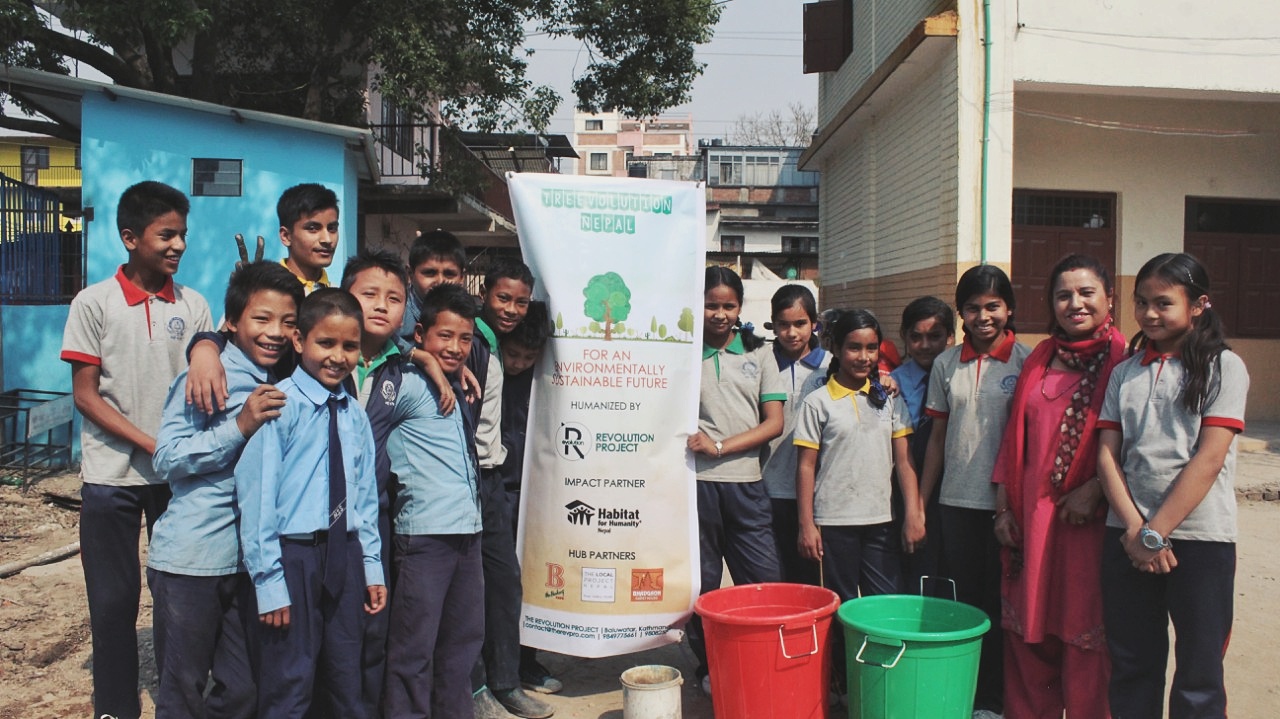
In 2019, The Revolution Project teamed up with Karen Conniff, an entomologist and discoverer of rare, endangered breed of dragonflies (Microgomphus phewataali), endemic to Nepal. They held a photo exhibition of the flies at Lakeside, Pokhara to encourage dialogues and discussions on its conservation efforts, partially funded under the CSR budget of Byanjan Restaurant. Recognising the intensity of the issue, Nepal Tourism Board and Pokhara Municipality too stepped in to work with the team and are now actively collaborating on conservation measures.
Making the colleges environment-friendly is another initiative of the start-up. “It is not like colleges in Nepal lack environment clubs. We think sustainable practices should be the new cool. The youths today are comparatively more open to embracing sustainable lifestyles and leaving lesser carbon footprints.”
While the CSR scenario and its effectiveness in Nepal are complex, Pant said strategising and executing them is just as challenging. “The first challenge is breaking down the broad concept of CSR, for companies. Their priority is cost-cutting over giving back to the community. Companies need to be constantly reminded that CSR is not a burden, but a responsibility.”
Additionally, The Revolution Project founders say they have difficulty in designing coherent CSR frameworks for organizations that have budgetary limitations and expectations of a quick impact. Several companies that reach out to them are brand-driven rather than being impact-driven.
They also have to go through multiple layers of acceptance, from different levels of government, partnering organisations, concerned stakeholders and the community, for the complete execution of the project.
As a service-based enterprise, their charges for CSR design and implementation differs according to the intensity of research, footwork and resources each project demands. “We were able to save from the CSR budget allocated by Siddhartha Bank after our tree plantation drive for them. Being wise with the expenditure allowed us to extend the impact for Siddhartha Bank after they agreed to reinvest the leftover budget for feasibility research on humanity sessions.”
The co-founders claimed that for their company, which in its third year of operations, they have not had any financial issues and is commercially sustainable. However, the duo declined to be more specific about their commercial operations.
While The Revolution Project worked with three organisations in its first year, their active partners increased to seven, in the second. The team optimistically looks forward to the summer of 2020 for new collaborations with as many as 15 partners, team expansion, the release of environment podcasts and an increased sales of sustainable straws.
“We are valuing quality over quantity this year because outsourcing CSR strategy design and implementation is a fairly new concept in Nepal. And, if we want the industries to trust us, we must also brand ourselves through qualitative performance,” Pant said.




 13.12°C Kathmandu
13.12°C Kathmandu
